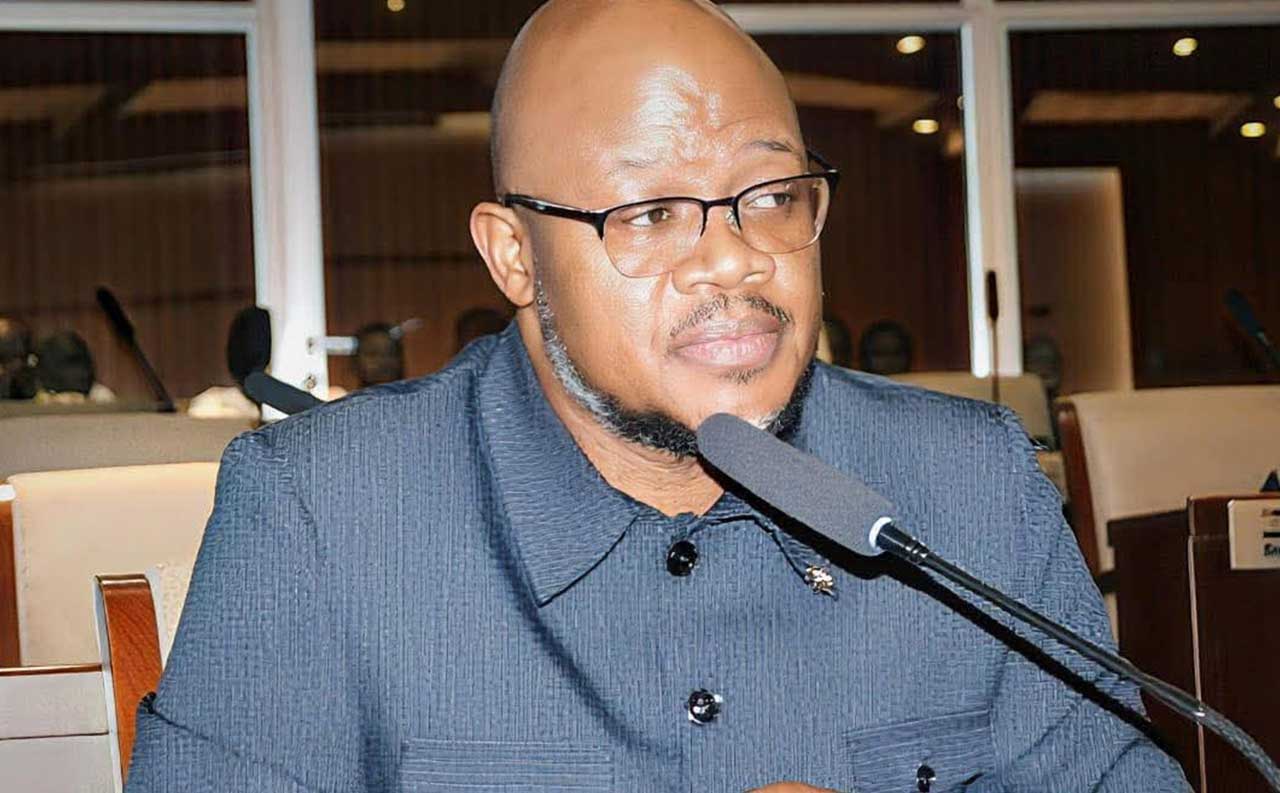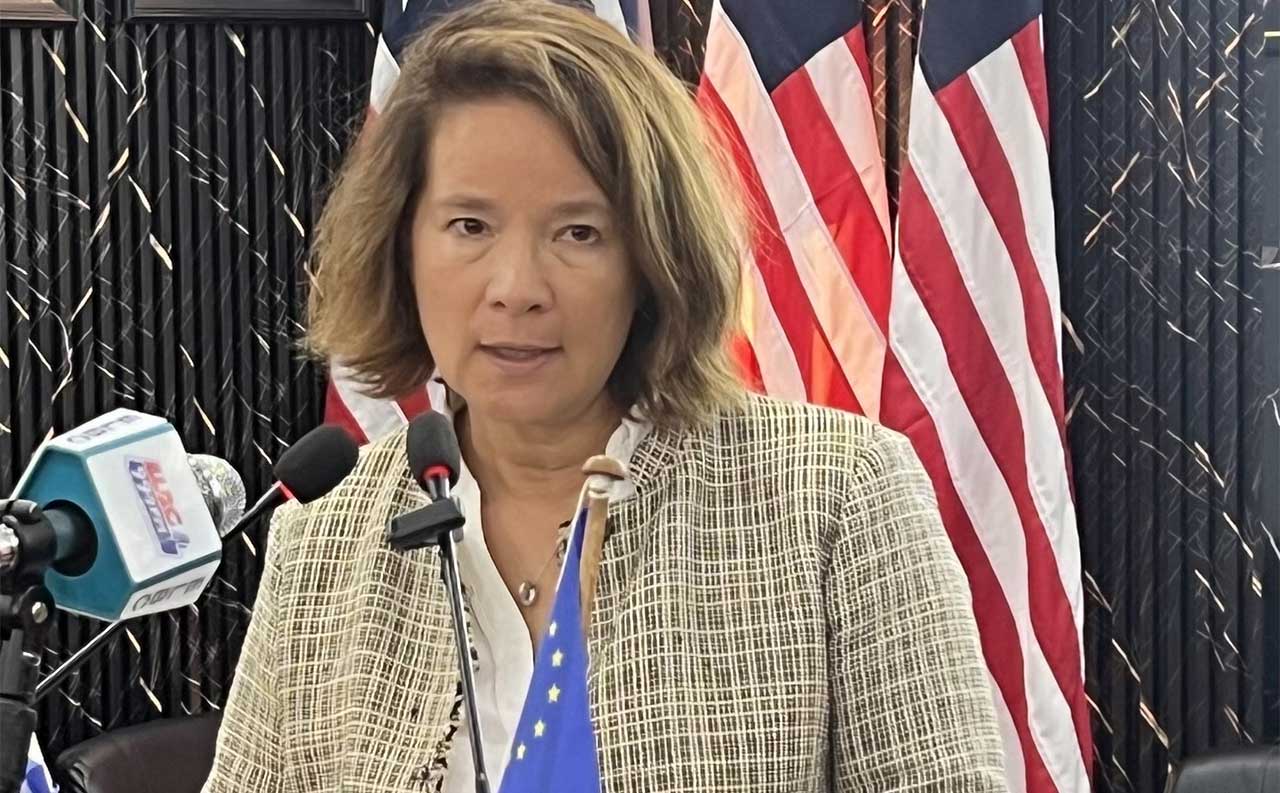This paper has independently gathered that ArcelorMittal’s amended Mineral Development Agreement has reportedly been signed by proxies of sector ministers, thus questioning the credibility of the document. The document shows that Finance and Development Planning Minister, Augustine Kpehe Ngafuan and Justice Minister, Oswald Tweh, did not personally sign the controversial third amendment to ArcelorMittal Liberia’s (AML) Mineral Development Agreement (MDA).
Instead, their proxies signed the document on their behalf, marked with the abbreviation “PP” — meaning “per pro,” or “on behalf of.” The proxies’ names do not appear on the document, nor are they identified as acting officials. Justice Minister Tweh said in a statement that he was abroad when the signing took place and had authorized his deputy to sign in his place. He added that he intends to personally review the accompanying Rail Standard Operating Procedures (RSOP), which he described as “the more contentious” component of the deal.
For his part, Finance Minister Augustine Ngafuan has not publicly commented on the matter. Public concerns are mounting as to why the ministers want to keep their distance from the MDA by having proxies sign it when they should be in the front. The signatures of proxies add to mounting criticism over the cloudy manner in which the AML agreement was signed on 31 October 2025. Sources close to the Inter-Ministerial Concessions Committee (IMCC) claimed that the signing was conducted behind closed doors, reportedly under the purview of the Minister of State for Presidential Affairs.
Former Mines and Energy Minister, Wilmot Paye, is said to have refused to sign the document, citing several objections to its terms, a decision that led to his immediate dismissal. Deputy Minister for Administration, Eudora Blay Pritchard, later signed on behalf of the Mines and Energy Ministry. She confirmed her signature in a phone interview with the Liberian Observer but declined to discuss details of the ministry’s involvement.
Insiders hinted that Blay Pritchard had not been part of the negotiation process and was instructed to represent the Ministry of Mines and Energy. According to a source, she was never involved in the negotiations. She was simply called at the last minute to come and sign. Observers believe that the absence of direct signatures from key ministers and the involvement of officials who were not part of the negotiation process could raise questions when the agreement is presented to the Legislature for ratification.
Lawmakers routinely summon signatories to testify to the content and terms of concession agreements. Under Liberian law, negotiations for such amendments are to be led by the National Investment Commission (NIC), which chairs the IMCC. The IMCC usually includes the NIC chairperson and the Ministers of Finance, Justice, Labour, and Internal Affairs, along with sector-specific ministers — in this case, the Minister of Mines and Energy.
The timing is particularly sensitive: just days before the signing, the U.S. House Foreign Affairs Committee commended Liberia for “strong progress toward a transparent, multi-user rail system under a truly independent operator framework.” The disputed signing process now risks casting doubt on that praise and could complicate Liberia’s efforts to demonstrate reform in the extractive sector.



